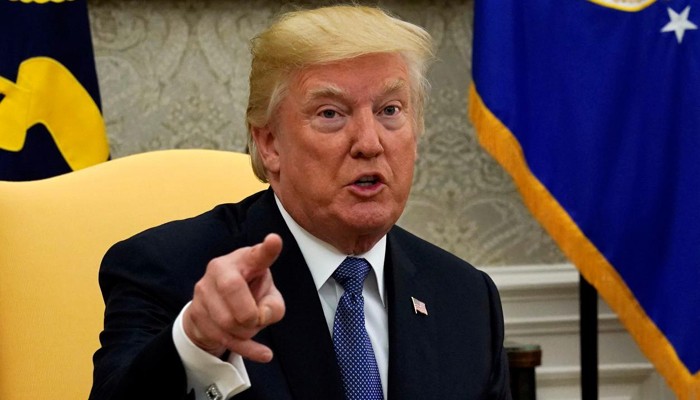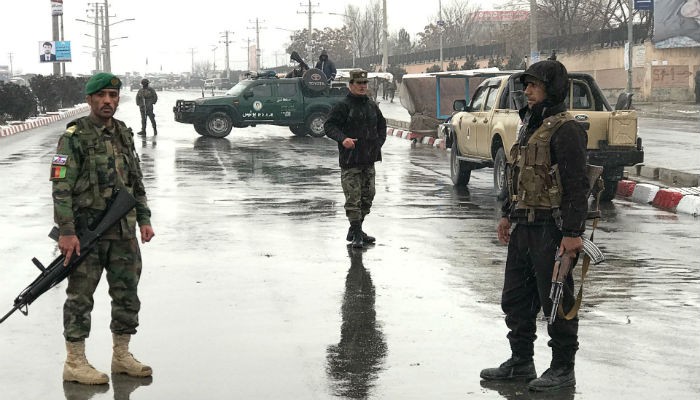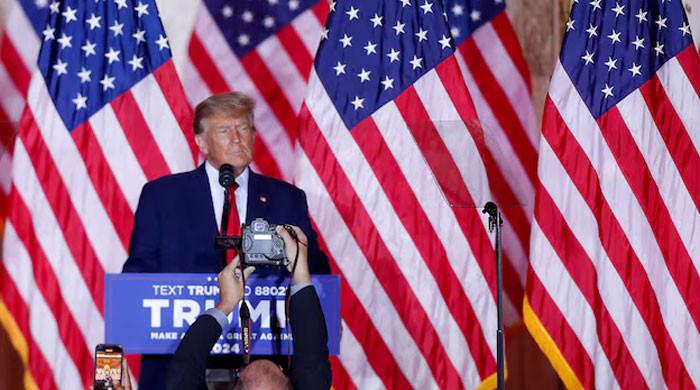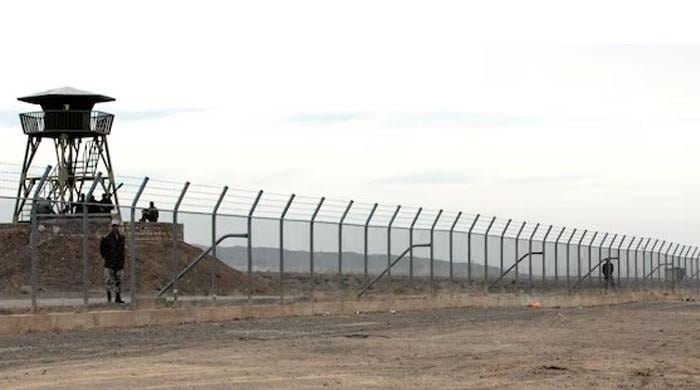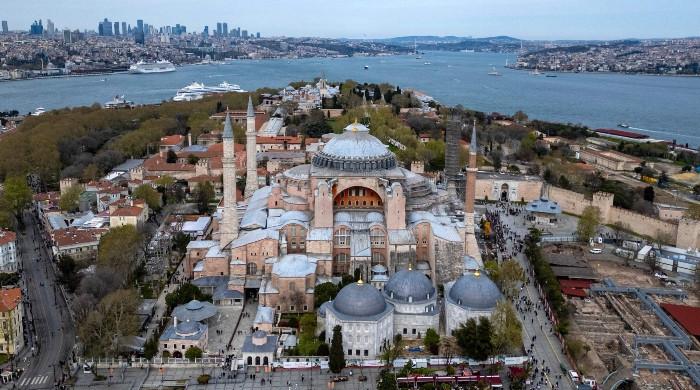US claims Haqqani network behind Kabul ambulance bombing
The US believed the attack was the work of the Haqqani network, a US official — speaking on condition of anonymity — said
January 30, 2018
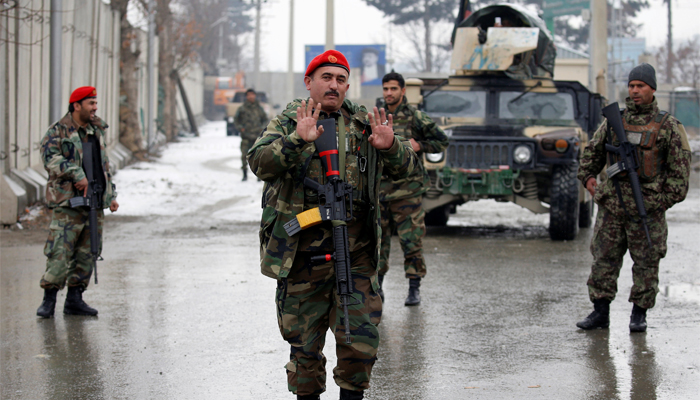
WASHINGTON: The United States claimed Monday that the Afghan Taliban-allied Haqqani network was behind Saturday's ambulance bomb in Afghanistan's capital Kabul that killed more than 100 people, a spokesman for the US-led coalition told Reuters on Monday.
"We are very confident the Taliban Haqqani network was behind the killing of more than 103 people this past Saturday," Captain Tom Gresback — a US military spokesman for the NATO-led Resolute Support mission in Afghanistan — said.
Another US official, speaking on condition of anonymity, also said the US believed the attack was the work of the Haqqani network, which Washington has long alleged has safe havens in neighbouring Pakistan.
Not 'prepared to talk right now' to Taliban: Trump
Earlier today, US President Donald Trump ruled out quick talks with the Taliban, following a wave of bloody large-scale attacks in the Afghan capital city.
“I don’t think we are prepared to talk right now,” Trump said, throwing into question Washington’s strategy of pushing the group towards the negotiating table.
“We don’t want to talk with the Taliban,” Trump said.
“They are killing people left and right, innocent people,” he added, saying, “There may be a time but it’s going to be a long time.”
Pakistan condemns Kabul attack
Islamabad on Monday strongly condemned the terrorist attack at the military academy in Kabul.
"We convey our sincere condolences at the loss of precious human lives in this attack," a statement issued by Pakistan's Ministry of Foreign Affairs said.
"The government and the people of Pakistan convey solidarity and support to the government and people of Afghanistan on this attack. We convey our deepest sympathies to the families of those who have lost their loved ones and pray for the early recovery of the injured."
"Pakistanis feel the intense pain and agony of our Afghan brothers and sisters," the statement added.
The country also reiterated its strong condemnation of terrorism in all its forms and manifestations, especially the series of heinous attacks within the last week in Afghanistan.
Prior to that, Dr Mohammad Faisal — the foreign office spokesperson — in a reaction to the explosion stressed that "terrorism is not the way forward".
He said, "The people and government of Pakistan condemn the terrorist blast in Kabul and extend heartfelt condolences to the families of those who lost their lives in this reprehensible act."
Taliban, Daesh escalate offensives
On Monday, Kabul suffered its third major assault in recent days, as the Taliban and Daesh escalated their offensives.
The extremists have stepped up their attacks on beleaguered Afghan troops and police in recent months, sapping morale that is already hit by desertions and corruption.
A suicide attack on an Afghan army battalion Monday killed at least 11 soldiers and wounded 16, a defence ministry spokesperson said.
Last Saturday, a Taliban suicide attacker driving an explosives-packed ambulance blew up in a crowded area of Kabul, killing at least 103 people — mainly civilians — and wounding 235, in one of the worst bombings in the city in recent years.
And, on January 20, Taliban fighters stormed Kabul’s landmark Intercontinental Hotel and killed at least 25 people — the majority of them foreigners — in an assault lasting more than 12 hours.
In August, Trump concluded a months-long review of America’s strategy to win the brutal war in Afghanistan — now entering its 17th year — and called for an increase in the tempo and intensity of strikes against the Taliban.
The aim was to persuade some Taliban factions to enter talks with the government in Kabul.
This month’s spate of bombings and Trump’s comments indicate that the end game may be further away than the White House would like.
